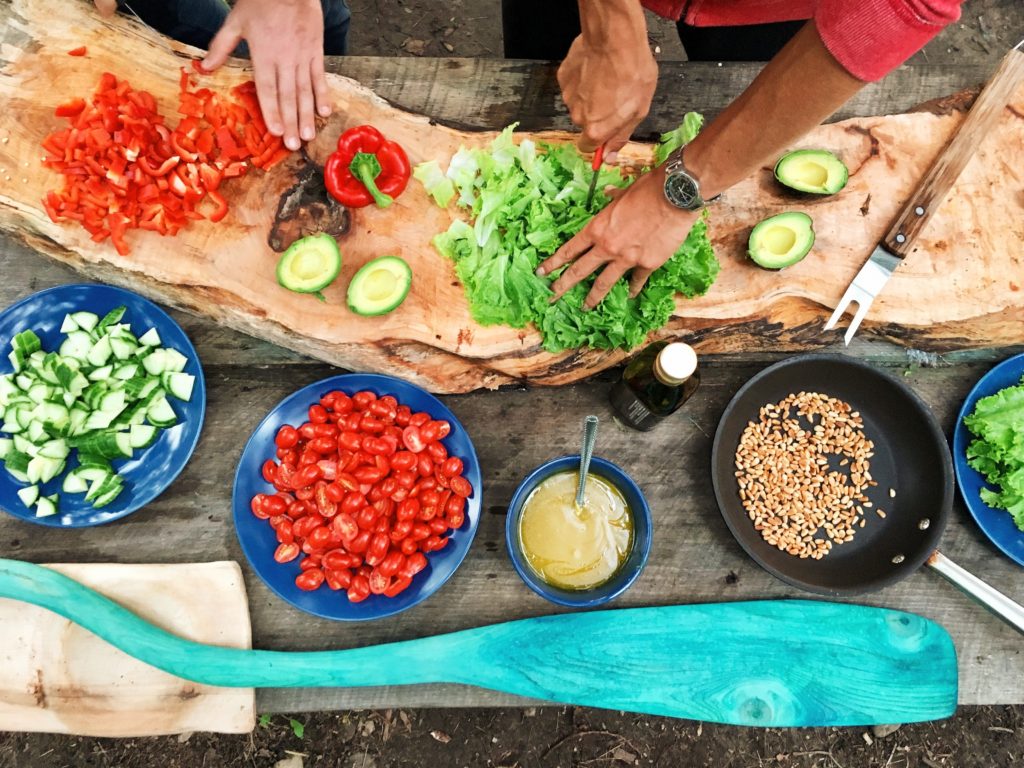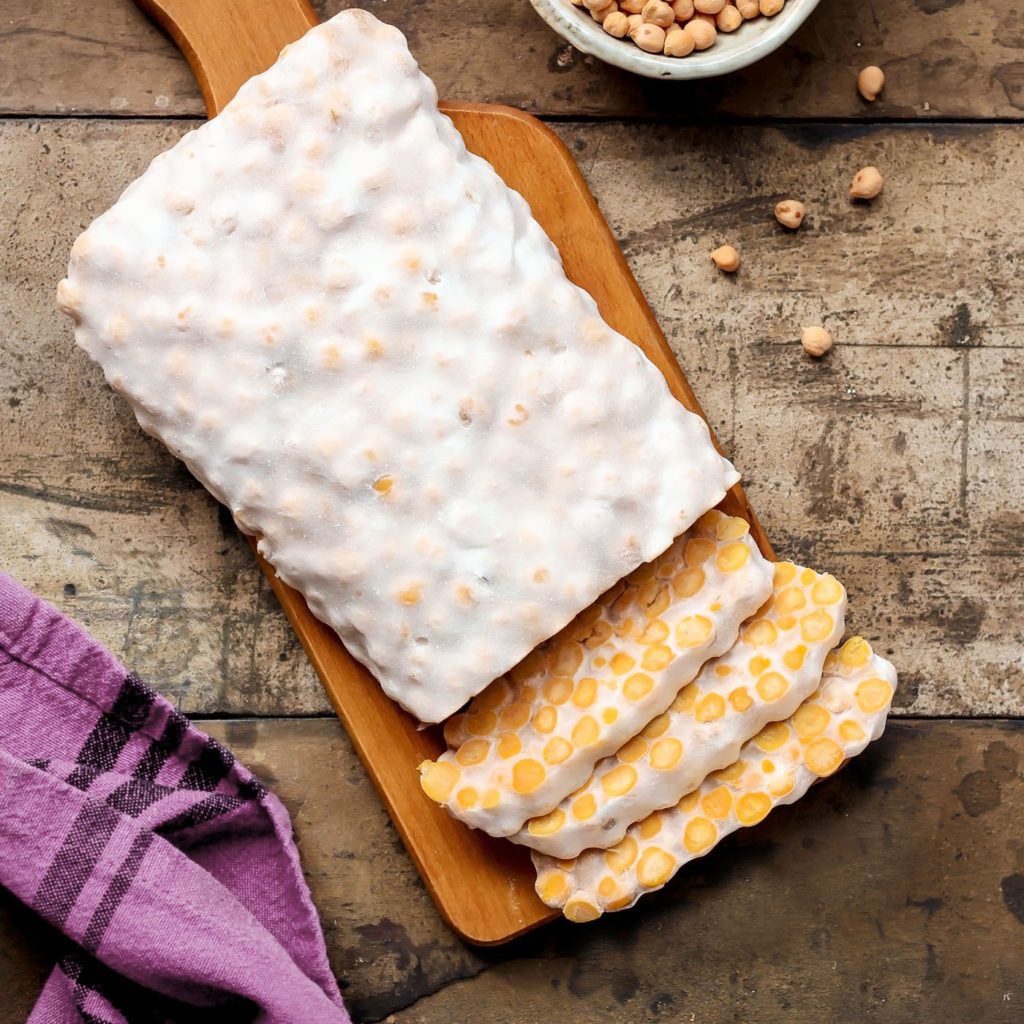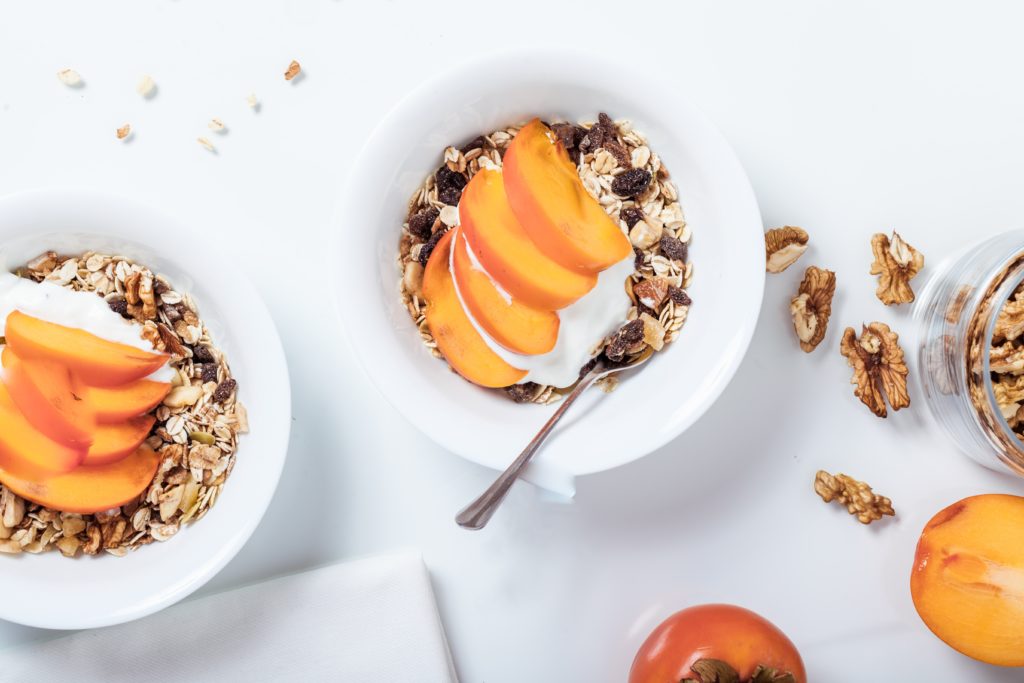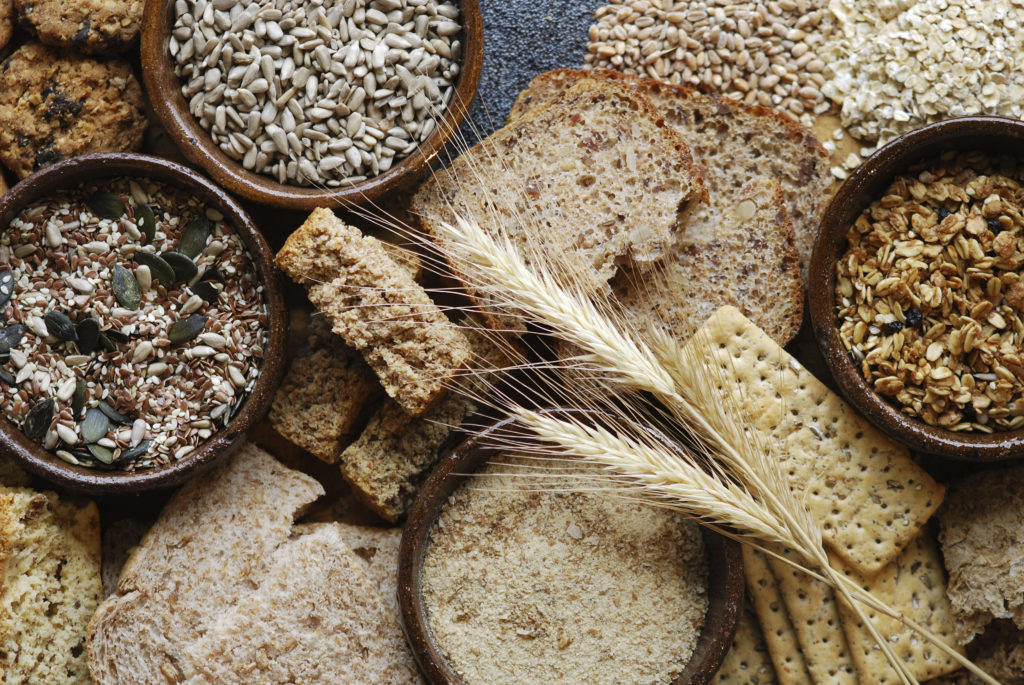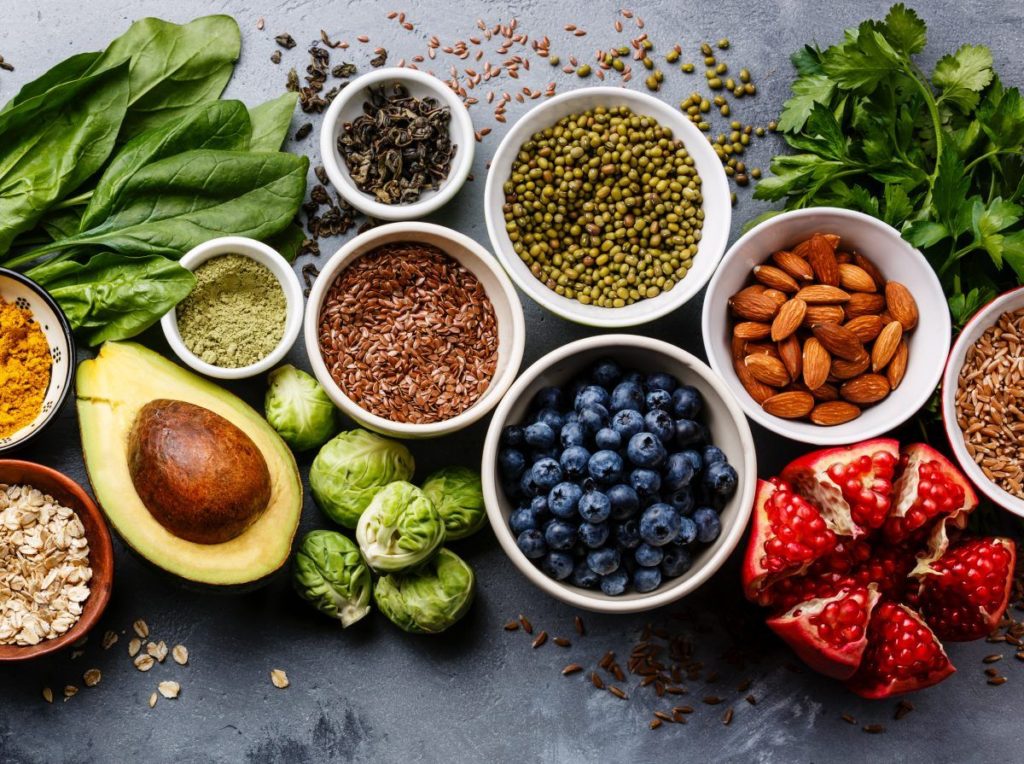SHARES
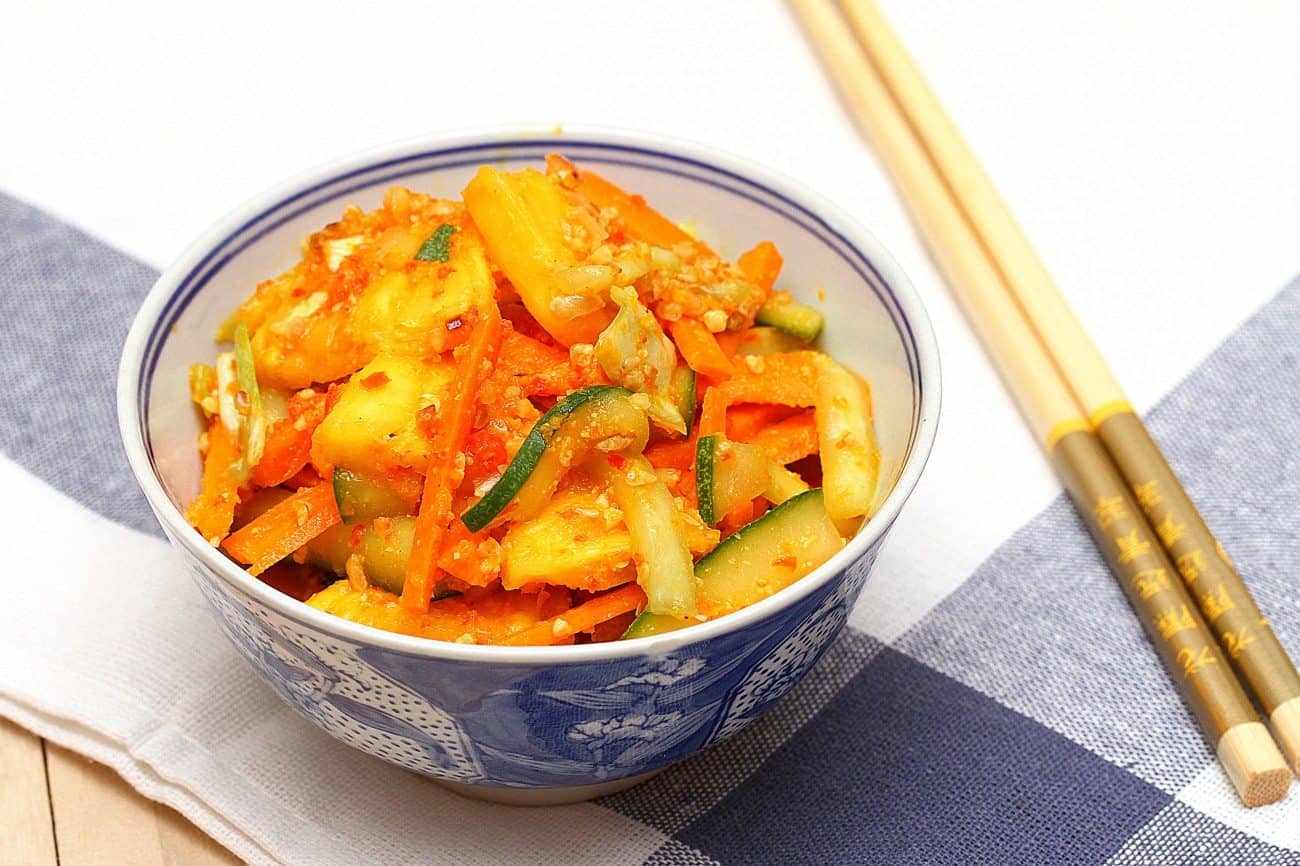
The microbiome inside your gut is made up of trillions of different kinds of bacteria. Did you know it also has a strong effect on your mental health? For instance, researchers discovered that one can induce symptoms of anxiety in a person just by altering the microbiome in their gut.
Furthermore, a number of studies have shown that people with disorders like depression have different species of bacteria in their guts as compared to people without psychological disorders. Moreover, “a small number of studies have also shown that certain probiotics can improve symptoms of depression and other mental health disorders,” explains Ruairi Robertson, BSc, PhD to Healthline.
A Microbiome Friendly Diet
So then, confirming the importance of eating with gut health in mind, Ruari Robertson suggests abiding by the six dietary tips to help you keep your microbiome healthy and happy.
1 Eat a diverse range of food
Above all, legumes, beans, and fruits contain lots of fibre. Similarly, it also promotes the growth of good bacteria, Bifidobacteria. Not to mention, this bacteria has the ability in creating a diverse microbiome – an indicator of good gut health.
2 Indulge In Fermented Food
Yes, you read that right. Fermented food like tempeh, achar, miso, yogurt, and kefir all contain healthy bacteria, specifically Lactobacilli. In addition, it also has the superpower of reducing disease-causing species in the gut.
3 Say No To Artificial Sweeteners
Studies indicate that artificial sweeteners like aspartame, found in Coke and a number of other products are said to increase blood sugar by stimulating the growth of bad bacteria, Enterobacteriaceae. Hence avoiding consuming these products help in improving the gut bacterial flora
4 Consume More Prebiotic-containing Food
Prebiotics are thought to stimulate the growth of healthy bacteria and that’s exactly what we need more of! Generally, prebiotic foods are mostly dietary fibre that feed the good bacteria in your gut. As examples, prebiotic-rich foods include artichokes, bananas, asparagus, oats, and apples – just to name a few.
5 More Whole Grains
Whole grains contain lots of fiber and beneficial carbs like beta-glucan which gut bacteria digest to benefit weight management, cancer risk, and diabetes.
6 Eat foods rich in polyphenols
Most people are well aware of the health benefits of polyphenols but one of the lesser-known benefits of a diet high in polyphenols is its specific impact on your gut bacteria.
The benefit works both ways. In this case, polyphenols change the composition of gut bacteria, whereas gut bacteria are responsible for metabolising the polyphenols into their bioactive metabolites. Polyphenols simply increase the growth of good bacteria whilst decreasing the bad bacterial. As a result, polyphenols improves the gut microbiome biodata. On the other hand gut bacteria increases the availability and absorption of its metabolites.
Here is a list showing examples of food high in polyphenols:
- Berries – blueberries, strawberries
- Non-berry fruits – cherries, red grapes
- Cocoa powder and dark chocolate
- Beans
- Nuts – hazelnuts, almonds
- Coffee, tea
- Soy
- Vegetables – Antichoke, spinach, red onions
The general rule of thumb is to include 5 servings of fruits and vegetables daily, not only for intake of polyphenols but also to benefit from all the other excellent nutrients too.
You can search, find, call, send enquiry or request for appointment with a GP/ Family Doctor on GetDoc:
Find a GP/Family Doctor in Malaysia, on GetDoc
Find a GP/Family Doctor in Singapore, on GetDoc
Reference:
https://www.healthline.com/nutrition/gut-microbiome-and-health#section9
https://www.health.harvard.edu/diseases-and-conditions/the-gut-brain-connection
Tags
by Yashwini Ravindranath
Born & raised in Malaysia, Yashwini earned her M.D. studying in Moscow's Russian National Research Medical University. With an affiliation towards research, all things coffee and the startup ecosystem, she now contributes articles to GetDocSays View all articles by Yashwini Ravindranath.
